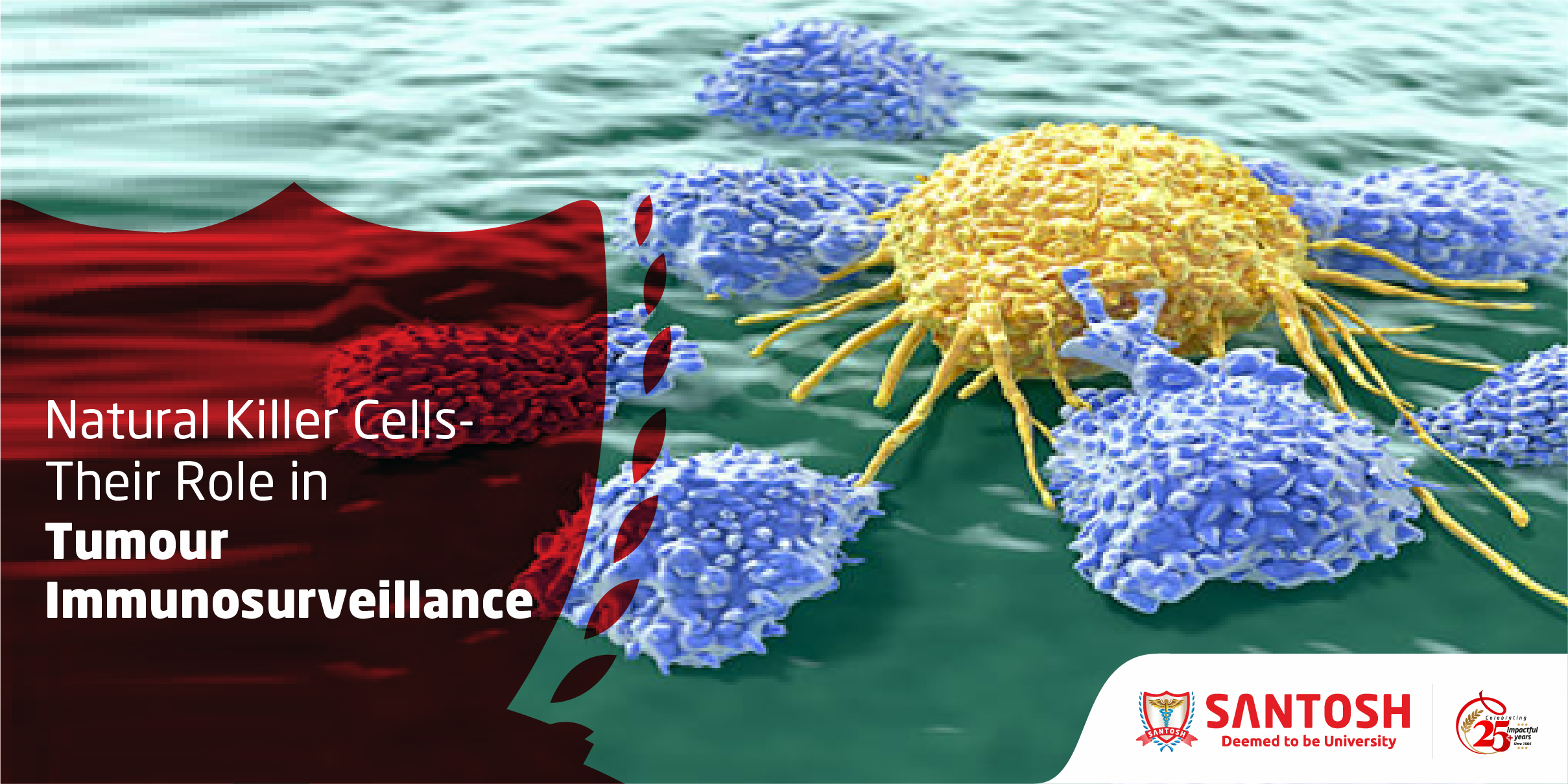
An important component of the innate immune system, the natural killer cells that originate from the lymphoid cell lineage, hold tremendous potential as an effective therapeutic tool to combat a variety of cancers. Their vast capability to kill altered cells such as opsonized cells (antibody coated), tumour cells, genotoxically changed cells without affecting the healthy cells of the body, make them an effective therapeutic agent for various types of cancers. Besides, through interplay and molecular crosstalk via several cytokines, they also augment the adaptive immune response by, promoting the differentiation, activation and recruitment of component cells of the system. With the current advance knowledge of Natural Killer (NK) cells, their receptor-ligand interactions involved in functional regulation, various mechanistic approaches involving the role of cytokines led to desired modulation of NK cell activity in a tailor-made manner, for triggering clinically relevant responces. Several strategies have been adopted by researchers, to augment the efficacy of NK cells. Still many challenges exist for increasing the therapeutic relevance of these cells.
Natural Killer cells (NK) cells are unique in having the quality of recognizing cells that are abnormally stressed, lacking Major Histocompatibility Complex (MHCs) and without antibodies. The term ‘natural killer’ is relevant in the sense that they do not require prior activation for killing cells lacking MHC class I. This property of NK cells make them efficient in detecting and destroying infected or abnormal cells lacking MHCs and which would otherwise escape detection by immune cells like T lymphocytes . Critical to the innate immune system NK cells are cytotoxic lymphocytes that play a role analogous to cytotoxic T cells in the vertebrate’s adaptive immune response. Typically virally infected cells and tumour cells are susceptible to NK cells. These are large granular cells derived from lymphoid progenitor cells generating T and B lymphocytes. Their maturation and differentiation takes place in bone marrow, lymph nodes, spleen, tonsils and thymus from where they directly join the circulation.
None of studies are currently done to establish intimate mechanism of NK cells. The multifaceted lytic role of NK cells has been clearly implicated in the tumour cell killing and promising results have been obtained in various experimental models. However, NK cell based immunotherapeutic clinical efficacy in cancer patients is quite moderate and many challenges still need to be overcome.To increase the activity of NK cells against tumours, various efficacious cytokine combinations with NK cell based immunotherapy have been tried in association of other approaches. For its actual use at the therapeutic level, a good control upon NK cell activity, based on a deep knowledge of their basic physiology at the bench is necessary. Parallel to development of clinically relevant pool of NK cells, there is a need for comparative clinical trials. Various NK cell based products undergoing multicentric clinical trials, will come into the picture in future to assess its efficacy data. Soon, NK cell therapy will probably be one of the most promising tools for the management of human cancer.
For More Info, Visit: https://www.santosh.ac.in/
Dr.PreetiSharma, Dr.Pradeep Kumar
Department of Biochemistry,
Santosh Medical College, Santosh Deemed to Be University, Ghaziabad, NCR Delhi
Link: https://www.ncbi.nlm.nih.gov/pmc/articles/PMC5620756/